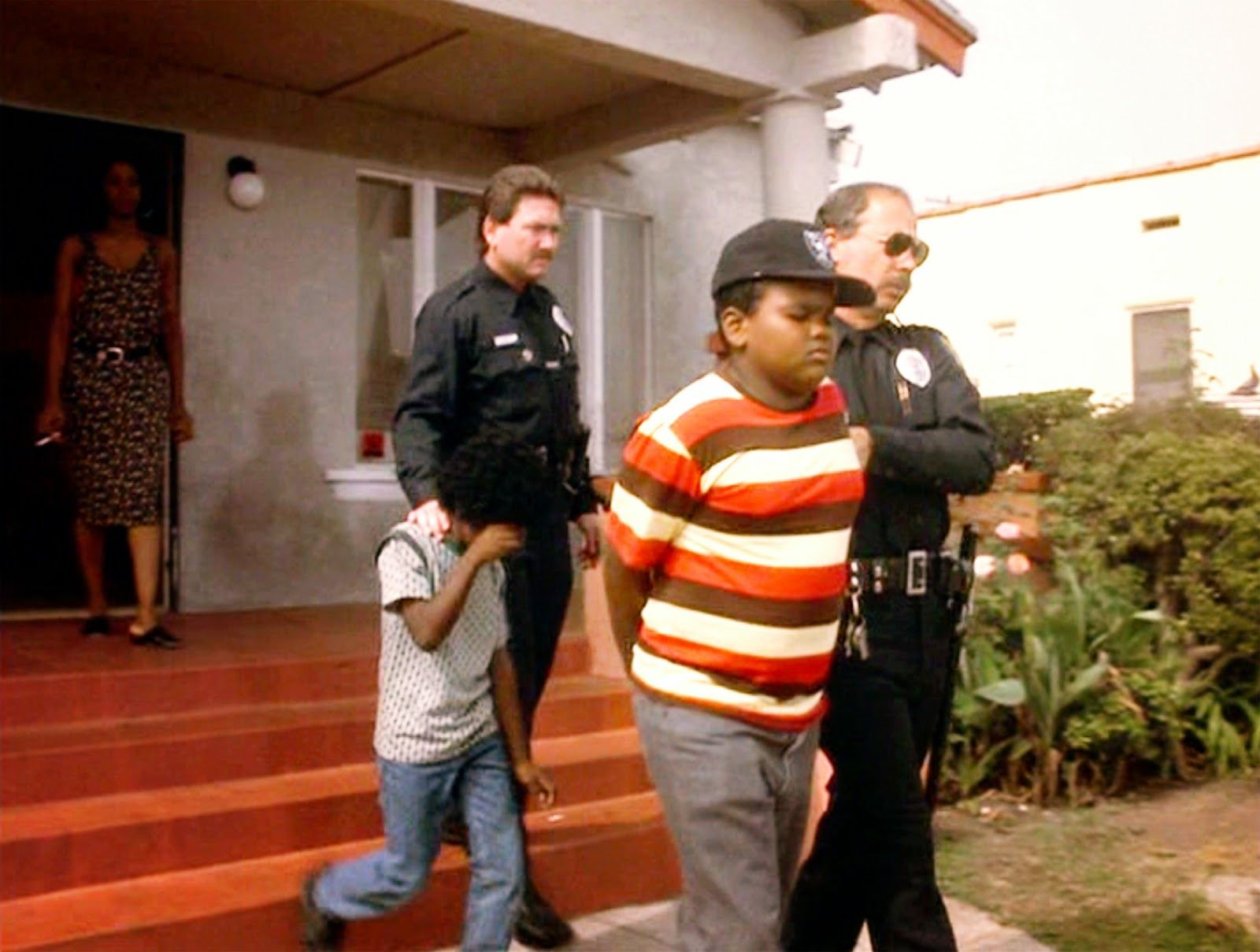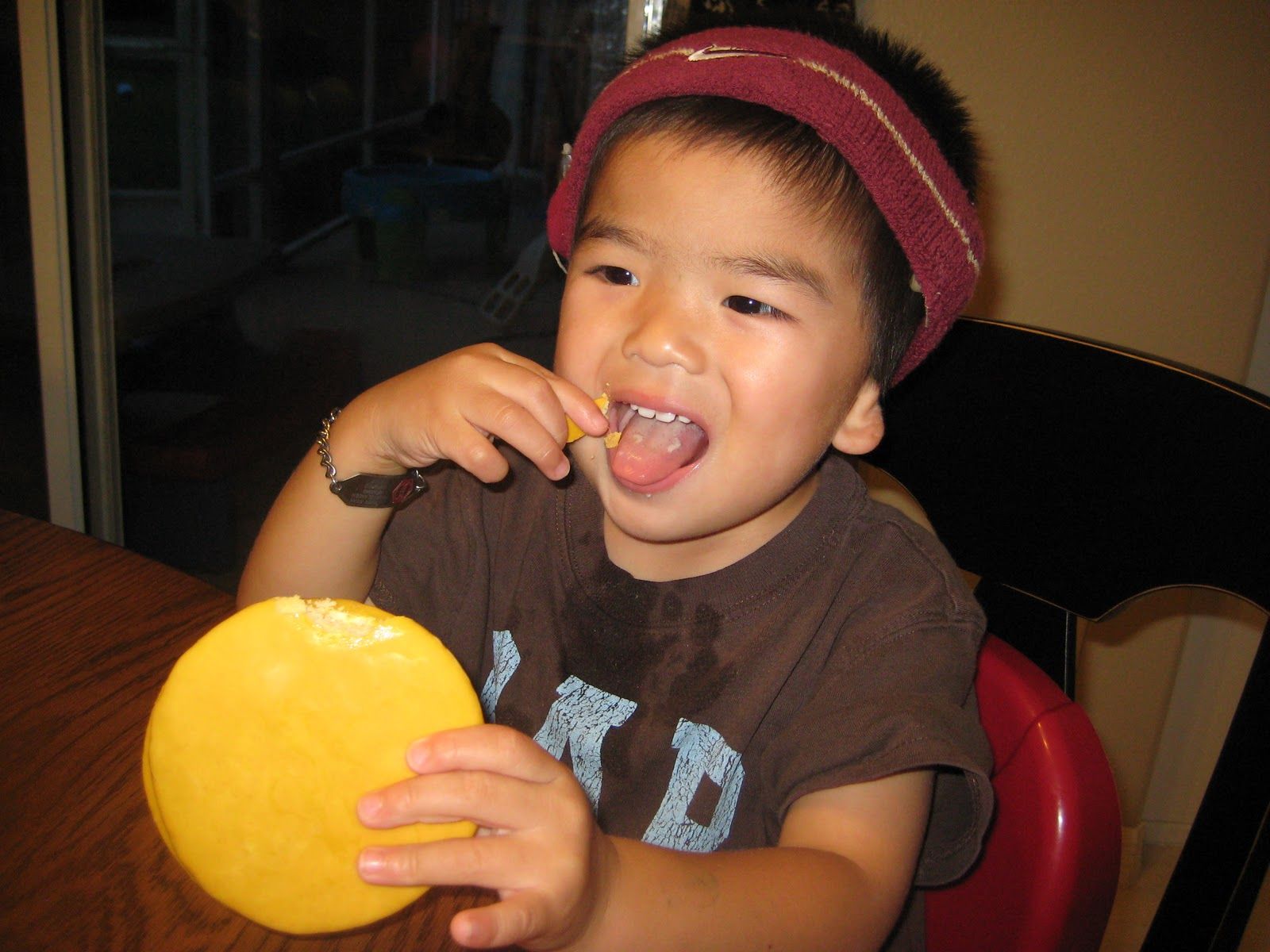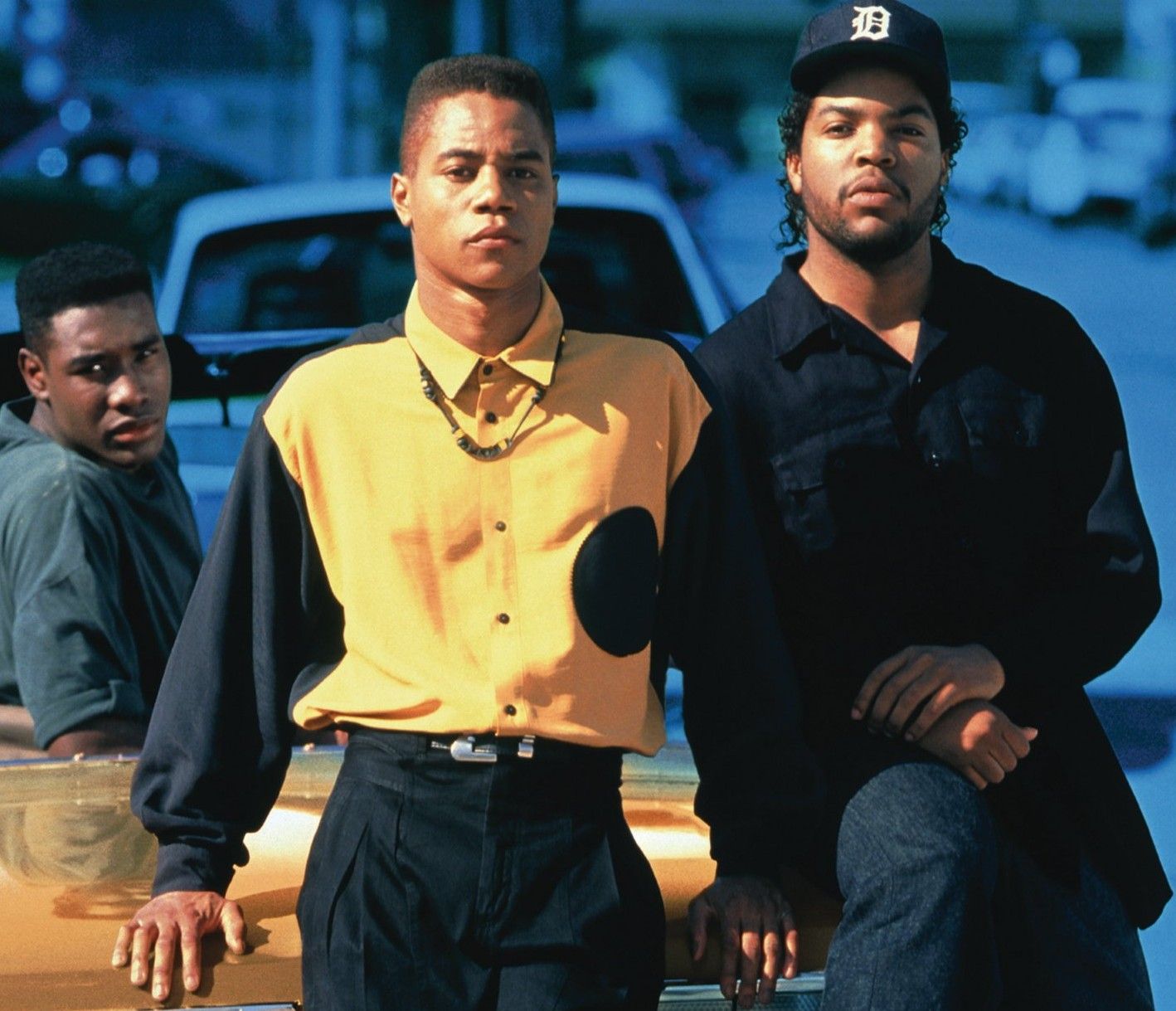Baha Jackson: Exploring The Baháʼí Faith's Call For Unity Today
Have you ever felt a deep longing for a world where everyone gets along, where differences are celebrated, and a shared purpose brings people together? It's a feeling many of us carry, a quiet hope for something better. This idea, this yearning for connection, is what we might think of when we consider "baha jackson" – not as a person, but as a way to open up a conversation about profound ideas. It's about looking at how ancient wisdom can meet modern needs, helping us find common ground in a world that, quite frankly, sometimes feels very divided.
You see, the phrase "baha jackson" can serve as a simple prompt, a starting point to explore a belief system that truly champions unity. We're talking about the Baháʼí Faith, a way of life that began in the 1800s. It teaches a rather simple, yet very powerful, truth: all religions come from the same divine source, and every single person on this planet has worth. It’s a message that, in some respects, feels incredibly relevant right now.
This path, initially taking shape in Iran, offers a vision of humanity as one big family. It’s about building a better world, piece by piece, through acts of service and by nurturing our inner lives. As we go through this piece, we will look at the foundational ideas of the Baháʼí Faith, seeing how they inspire countless individuals and communities around the globe. You might just find something that truly speaks to you, too.
Table of Contents
- What is "Baha Jackson" All About?
- The Baháʼí Faith: A Vision of Oneness
- Unity in Diversity: A Global Family
- The Significance of Number Nine
- Frequently Asked Questions About the Baháʼí Faith
What is "Baha Jackson" All About?
When you come across "baha jackson," it's natural to wonder what it means. It's important to make clear that "baha jackson" is not the name of a known individual or a specific public figure in the context of the information provided to us. Instead, we are using this phrase as a starting point, a sort of imaginative key, to unlock a discussion about the Baháʼí Faith and its core principles. It's a way to explore the profound ideas of unity and human connection that are so central to this spiritual path.
So, in this discussion, "baha jackson" represents a journey of discovery. It stands for the exploration of a belief system that aims to bring people together, no matter where they come from. It’s about looking at how a faith established in the 19th century can offer relevant answers to the challenges we face today. This approach helps us focus on the universal messages that resonate with many hearts and minds, very truly.
It’s a chance to consider what it means to build a peaceful, just world. This includes looking at how different backgrounds can come together in harmony. The ideas we will discuss are meant to inspire positive change, both within ourselves and in our communities. You know, it’s about finding a shared vision for humanity’s future.
- Paddy Pimblett
- Theodore Barrett
- Brandon Coleman Red Clay Strays Bio
- Where Do The Kalogeras Sisters Live
- Solarmovies
The Baháʼí Faith: A Vision of Oneness
The Baháʼí Faith offers a sweeping vision for humanity, a belief that everyone belongs to one human family. It’s a spiritual path that really emphasizes the essential worth of all religions. This means seeing the great faiths of the world not as separate, competing systems, but as different chapters of one ongoing story, all pointing to the same divine source. It's a rather compelling thought, isn't it?
This idea of oneness extends to all people, regardless of their background, culture, or beliefs. It’s about building bridges instead of walls, about recognizing our shared humanity above all else. The teachings suggest that true peace and progress come when we embrace this fundamental unity. It’s a message that, in some ways, challenges many of the divisions we see around us today, apparently.
The Baháʼí Faith encourages us to look beyond surface differences. It asks us to see the deeper connections that bind us together. This vision of oneness is not just a nice idea; it's a practical guide for living. It shapes how Baháʼís approach community life, social action, and their personal spiritual journeys. You might find this approach to be quite refreshing, actually.
Foundations in the 19th Century
The Baháʼí Faith has its roots in the 19th century, a time of great change and upheaval across the globe. It began in Iran, a land with a rich spiritual heritage. The faith was established by Baháʼu'lláh, whose name means "the Glory of God." He brought forth teachings that called for a new era of human understanding and cooperation. This was, in fact, a truly bold step for its time.
Before Baháʼu'lláh, there was a figure known as the Báb, which means "the Gate." He was born into an aristocratic family in Iran. The Báb's message was one of reformation, a call to prepare for the arrival of another divine messenger, someone He called "He Whom God Shall Make Manifest." His followers, known as Bábís, embraced this message of spiritual renewal and anticipation. It was a period of great excitement and expectation, you know.
Baháʼu'lláh's teachings built upon this foundation, revealing a broader vision for humanity's future. He spent many years enduring exile and imprisonment for His beliefs, yet His message continued to spread. His writings form the core of the Baháʼí sacred texts, guiding followers in their efforts to build a more peaceful and just world. This historical journey is a powerful testament to the enduring nature of these ideas, very much so.
Divine Educators Throughout Time
A central concept in the Baháʼí Faith is the idea that God has, throughout history, sent a series of divine educators to humanity. These figures are known as Manifestations of God. They are like spiritual teachers, each bringing a fresh set of teachings that provide the basis for human advancement. Think of them as different chapters in one unfolding story, or perhaps as different doctors prescribing the right medicine for different times, you know.
These educators, according to Baháʼí belief, include figures like Abraham, Moses, Buddha, Zoroaster, Jesus, Muhammad, the Báb, and Baháʼu'lláh. Each one, in their own time and place, gave humanity the spiritual guidance it needed to grow and evolve. Their messages, while appearing different on the surface, share a common thread of truth and love. It’s a way of looking at religious history that fosters respect and understanding, rather than division, you know.
This progressive revelation means that spiritual truth is not static. It unfolds over time, adapting to humanity's changing needs and capacities. It suggests that while the core spiritual principles remain the same, the social laws and practices might change to suit the age. This idea helps Baháʼís see all major religions as part of a single, divine plan for humanity's spiritual education. It's a fairly inclusive perspective, actually.
Core Beliefs and Community Spirit
The basic beliefs and practices of the Baháʼí Faith focus on serving society. This is done through cooperative community building and fostering spiritual renewal within individuals. It’s not just about what you believe in your heart; it’s about how those beliefs translate into action in the world. Baháʼís follow the teachings of Baháʼu'lláh, which guide them in these efforts, apparently.
Community building is a big part of this. It involves working together with people from all walks of life to improve local neighborhoods and foster a sense of shared purpose. This can mean holding children's classes, junior youth programs, study circles for adults, or devotional gatherings. These activities are open to everyone, regardless of their background, and they aim to strengthen the bonds of friendship and mutual support. It’s about creating spaces where everyone feels welcome and valued, basically.
Spiritual renewal is another key element. This means cultivating virtues like honesty, kindness, generosity, and justice in one's own life. It’s about reflecting on how to become a better person and contribute positively to the world. The teachings encourage a balanced life, where spiritual growth goes hand-in-hand with practical service to humanity. This approach, in some respects, makes the faith very practical and down-to-earth.
Unity in Diversity: A Global Family
One of the most striking aspects of the Baháʼí Faith is its vibrant demonstration of "unity in diversity." There are Baháʼís everywhere on the planet, coming from different and even opposing backgrounds. Yet, they are all now united in love and harmony. This isn't just a slogan; it's something you can witness in Baháʼí communities around the world. It’s a very real thing, you know.
Imagine people from every race, nationality, and social class, all working together, learning together, and celebrating together. In Baháʼí communities, you'll discover this principle in action. It means that differences are not just tolerated; they are actually seen as sources of richness and strength. Just like a garden with many different kinds of flowers is more beautiful than one with only a single type, humanity's diversity adds to its splendor. This is, in a way, a truly inspiring model for our world.
This unity isn't about everyone becoming the same. It's about recognizing that beneath our varied appearances and traditions, we share a common human spirit. It's about finding common ground and working towards common goals, while still appreciating and respecting each person's unique heritage. This emphasis on unity in diversity helps to break down barriers and build a sense of global citizenship. It’s a pretty powerful idea, you know.
In thousands upon thousands of locations around the world, the teachings of the Baháʼí Faith inspire individuals and communities. They work to improve their own lives and contribute to the well-being of their neighbors and the wider world. This collective effort, driven by a shared vision of unity, creates a global network of people striving for peace and justice. It’s a testament to the idea that harmony is possible, even among the most diverse groups, apparently.
The Significance of Number Nine
Numbers often carry symbolic meaning in spiritual traditions, and the Baháʼí Faith is no exception. The number nine holds a special place. According to the Abjad system of isopsephy, which assigns numerical values to letters, the word "Baháʼ" has a numerical equivalence of 9. Because of this, there is frequent use of the number 9 in Baháʼí symbols and architecture. It’s a subtle yet consistent presence, you might say.
For example, Baháʼí Houses of Worship, often called Temples, typically have nine sides. Each side has a door, symbolizing that people from all directions and all backgrounds are welcome to enter and worship God. This architectural choice reflects the principle of unity and the inclusive nature of the faith. It’s a very visual representation of a core belief, you know.
The number nine is also considered the highest single digit. In many cultures, it represents completeness or perfection. In the Baháʼí context, it can symbolize the comprehensiveness of Baháʼu'lláh's revelation, which is seen as bringing together and fulfilling the teachings of past divine messengers. It’s a number that speaks to the fullness of the message, in some respects.
This symbolic use of the number nine is just one example of how the Baháʼí Faith weaves deeper meanings into its practices and expressions. It provides a quiet reminder of the underlying principles of unity, inclusivity, and the progressive nature of divine revelation. It’s a detail that, for those who know, adds another layer of meaning to the faith’s global presence, really.
Frequently Asked Questions About the Baháʼí Faith
People often have questions about new spiritual paths, and the Baháʼí Faith is no different. Here are some common inquiries that come up, reflecting what many want to know about this global community.
What are the main teachings of the Baháʼí Faith?
The main teachings center on the essential worth of all religions and the unity of all people. It emphasizes that humanity is one family and that all major religions come from the same divine source. Baháʼís believe in the equality of women and men, the harmony of science and religion, and the need for universal education. They also work for social justice and the elimination of all forms of prejudice. It's a pretty broad set of principles aimed at building a peaceful world, you know.
Who founded the Baháʼí Faith?
The Baháʼí Faith was established by Baháʼu'lláh in the 19th century. He was born to an aristocratic family in Iran. Before Him, the Báb prepared the way for His coming. Baháʼu'lláh spent many years in exile and prison because of His teachings, but His message spread far and wide. His writings are the foundation of the Baháʼí sacred texts. He is considered the latest in a line of divine educators. It's a rather compelling story of spiritual leadership, really.
How do Baháʼís contribute to society?
Baháʼís contribute to society through various community-building activities. These include holding children's classes, junior youth programs, and study circles that are open to everyone. They focus on fostering spiritual renewal and cooperative community development. They work to apply the Baháʼí principles of unity and service in their local neighborhoods. This means striving to improve their own lives and contribute to the well-being of others. It’s about practical action, basically.
To learn more about the Baháʼí Faith and its teachings, you can visit the official Baháʼí website. You can also learn more about community building efforts on our site, and link to this page for more insights into global unity.

Pictures of Baha Jackson

Pictures of Baha Jackson

Pictures of Baha Jackson